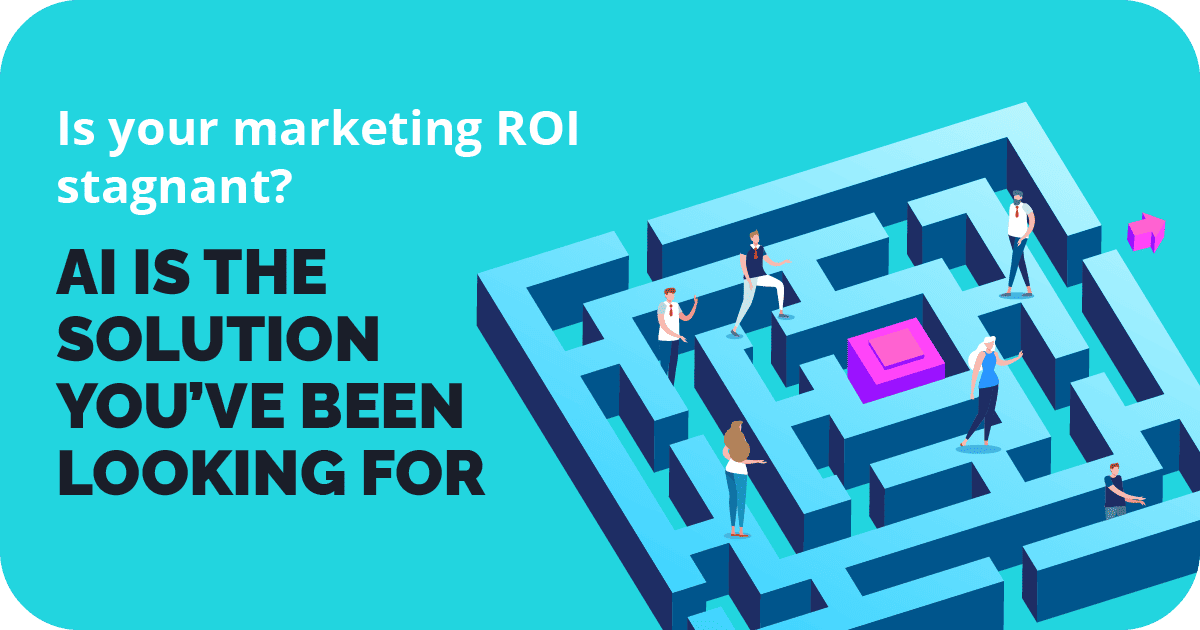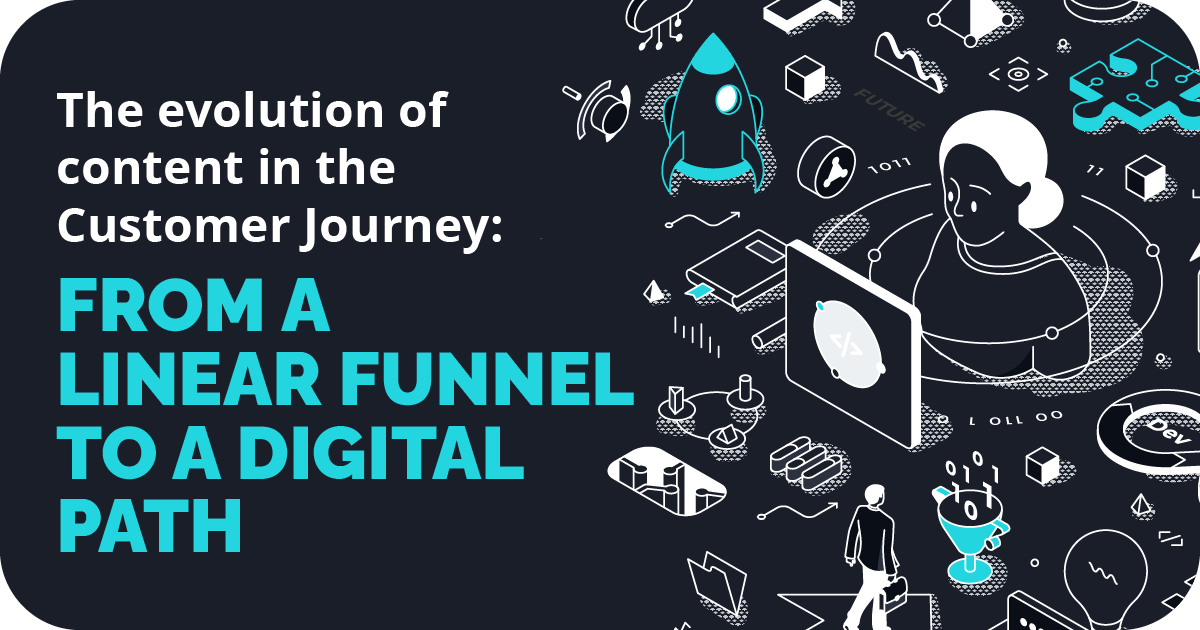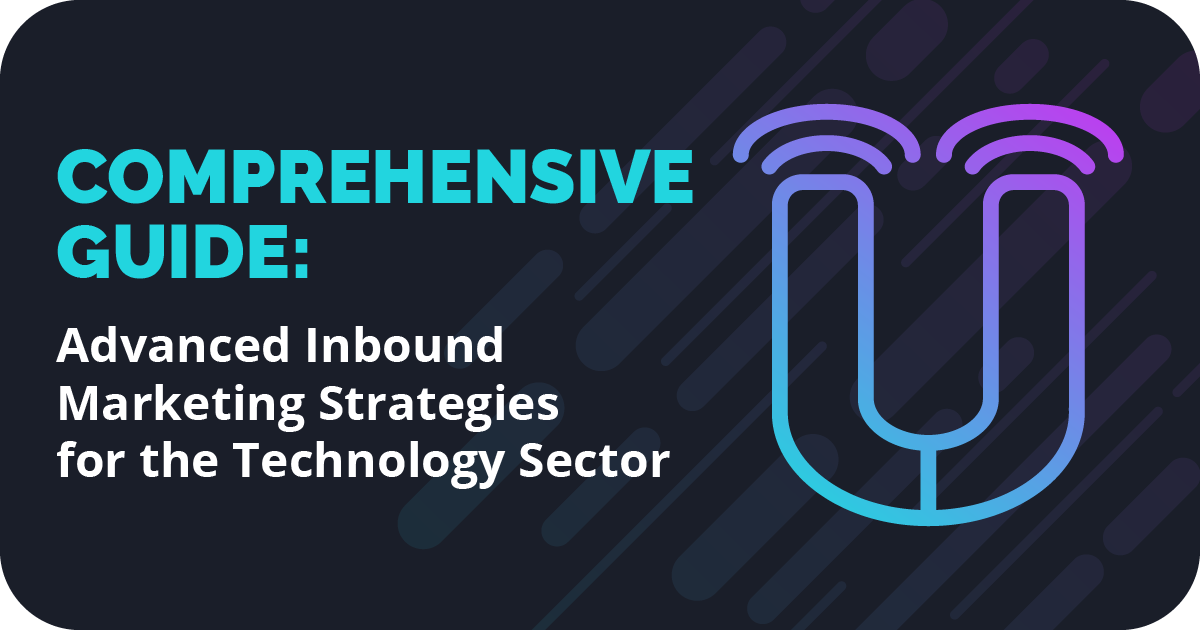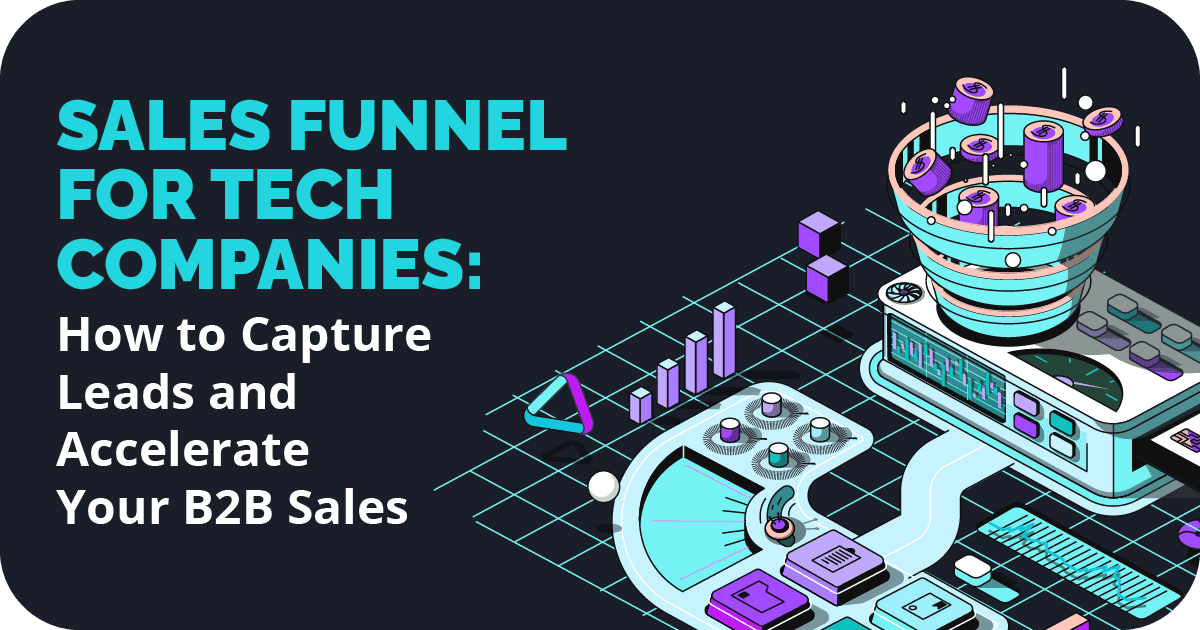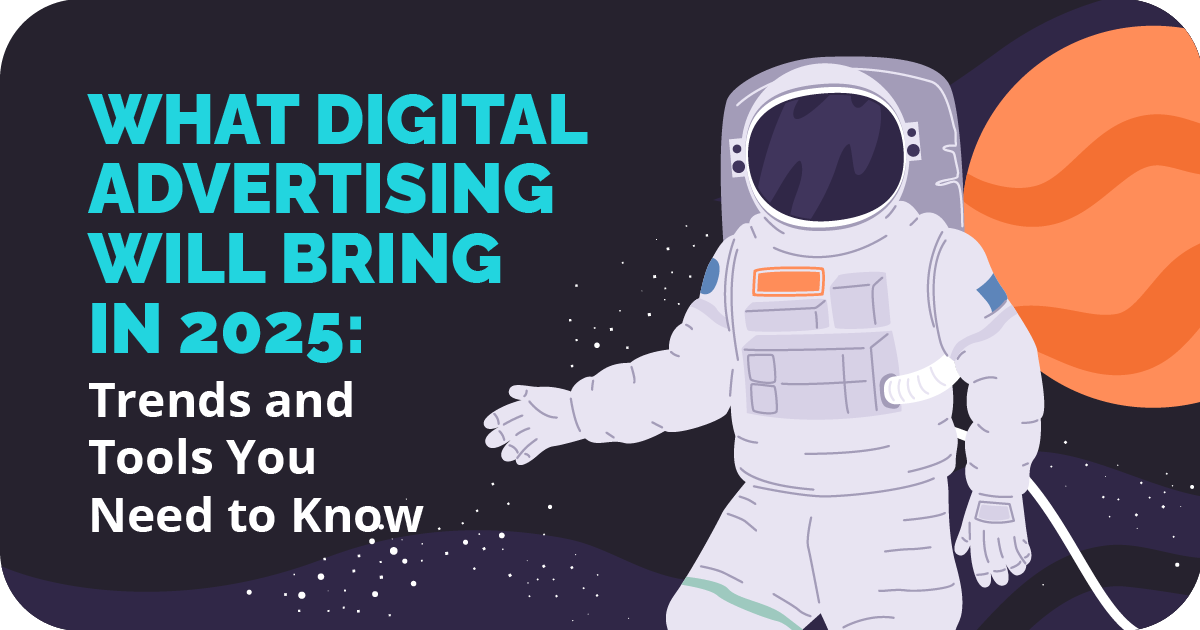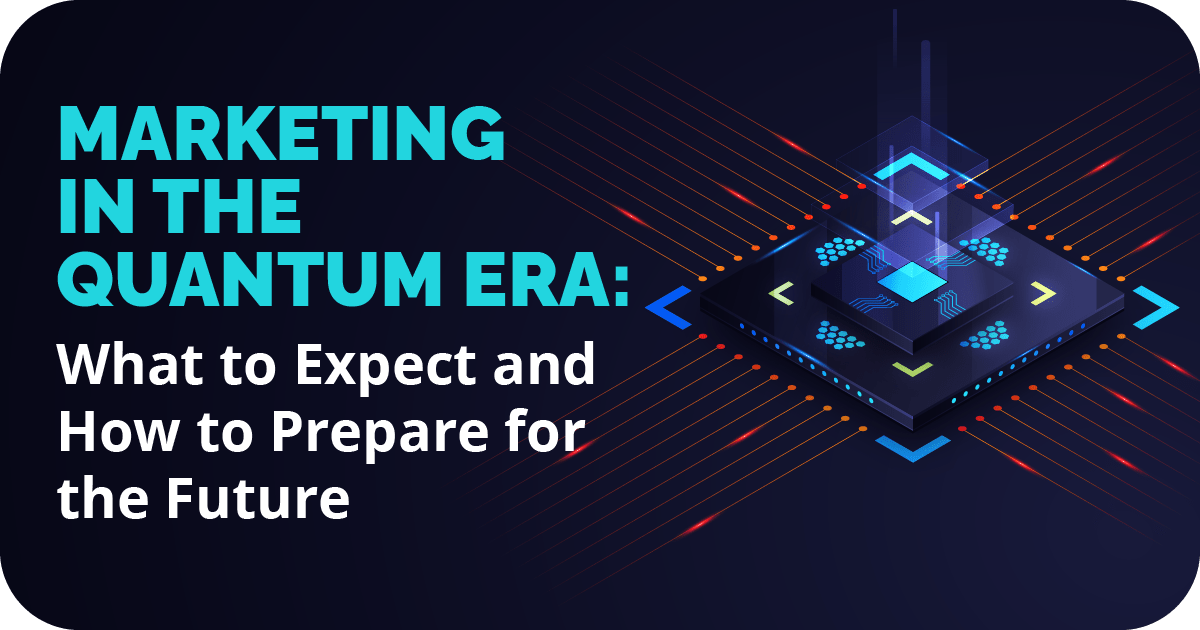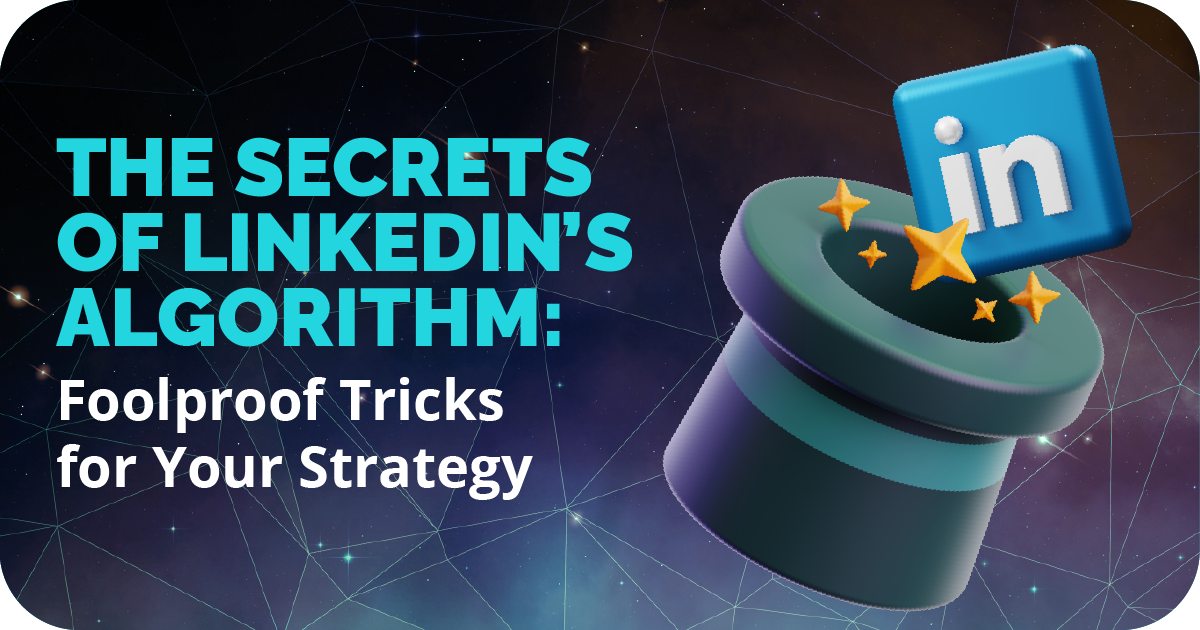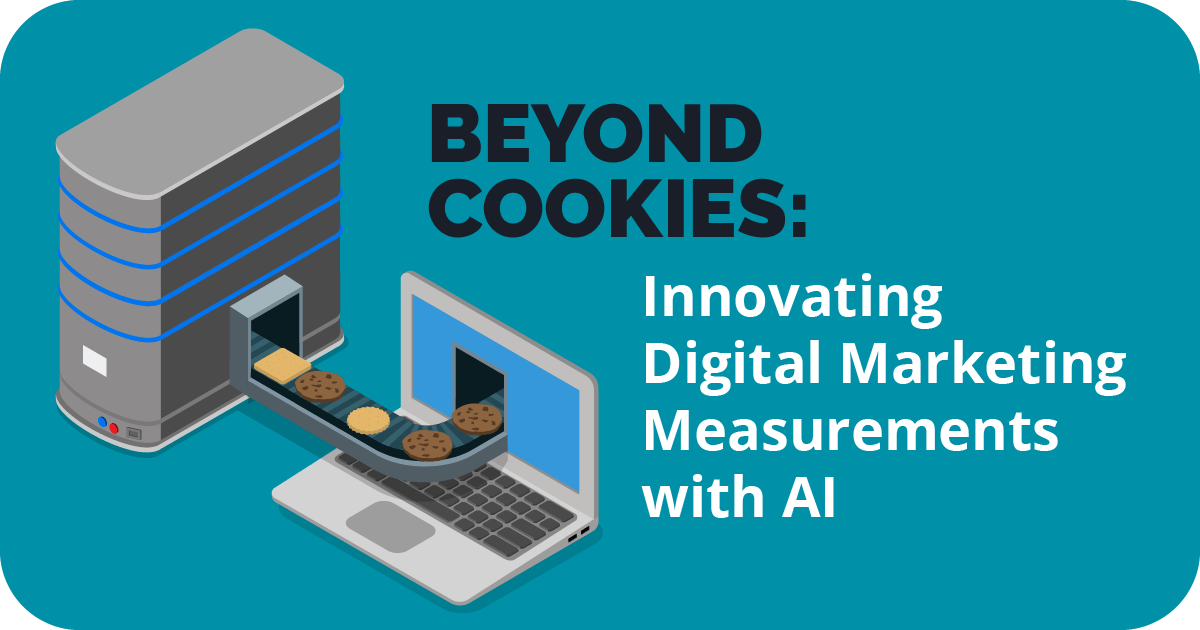More science and less fiction: Artificial Intelligence applied to Marketing
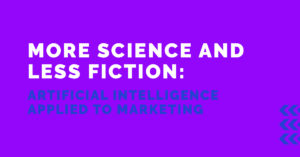 Artificial Intelligence (AI) is the simulation of human intelligence by machines. It’s likely the first thing that comes to mind when you think about science fiction films like Terminator. What you probably didn’t realize is that this enthusiasm is grounded in reality: we live in an increasingly connected and intelligent world. Today, you can build an airplane, invest in stocks, and even connect your CRM to your inbox to prioritize the most important emails. And the numbers speak for themselves: According to SEM Rush, the projected annual growth rate of AI between 2020 and 2027 is 33.2%.
Artificial Intelligence (AI) is the simulation of human intelligence by machines. It’s likely the first thing that comes to mind when you think about science fiction films like Terminator. What you probably didn’t realize is that this enthusiasm is grounded in reality: we live in an increasingly connected and intelligent world. Today, you can build an airplane, invest in stocks, and even connect your CRM to your inbox to prioritize the most important emails. And the numbers speak for themselves: According to SEM Rush, the projected annual growth rate of AI between 2020 and 2027 is 33.2%.
Its use in marketing is not far behind. AI utilizes its technology to gather data and information needed to make automated decisions. How? Through the use of big data analytics, machine learning, and other processes to gain insights into target audiences.
This is how, with AI, the Marketing department may gain a better understanding of its consumers’ behavior and, as a result, build strategies that maximize the return on investment (ROI). Mercado Libre, Amazon, and Spotify are just a few of the firms that have benefited the most from its use.
According to SEM Rush, the global Artificial Intelligence industry will take the lead in the following years, with a market size of 190.61 billion dollars expected in 2025.
Here are six examples of how AIis changing the world of marketing:
- Chatbots
Chatbots are applications that allow you to simulate a conversation with a real person by providing automatic responses to your most common doubts or questions. Companies have started using them as an alternate way of managing customer service while facilitating communication throughout the entire Customer Journey, particularly in Support areas
- Voice search
The feature allows searches carried out by the human voice in systems that can understand it. Its use has expanded in accordance with the development of mobile devices and acts as an alternative to written searches. The advancement of technology in this sector has resulted in the introduction of several search assistants such as Cortana and Siri. These assistants can process and comprehend the user’s natural language and interact with it thanks to AI.
- Image recognition
A process carried out by software that recognizes images from complex mathematical algorithms. AI is capable of identifying, analyzing, and comparing the arrays of bits that make up a digital image, in order to carry out some action based on the information obtained.
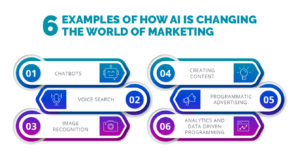
- Creating Content
Creating content is difficult, and creating high-quality content is much more challenging! However, AI enables engines to produce personalized, appealing, and conversion-optimized content, providing users with unique experiences. This is due to the fact that AI is capable of learning the preferences of our key audiences and generating material based on their interests.
- Programmatic Advertising
A smarter way to advertise online. Advertisers pay for their ads to be shown only to their target audiences, allowing brands and consumers to connect at the right time, place and in the right way, thereby detecting that a specific person has a real interest in receiving a certain advertisement. This is how programmatic advertising is growing very quickly in the media, and everything indicates that this trend will continue to rise.
- Analytics and Data Driven Programming
AI is used in the analysis and measurement of results. This is completely necessary for ensuring the success of any strategy, because AI performs real-time tracking with contrasting information for local decision-making, assisting in the resolution of problems and proposing changes to the strategy to better suit the user.
According to SEM Rush, by 2022 companies are expected to have an average of 35 AI projects.
How can the Business to Business (B2B) and Business to Consumer (B2C) sectors benefit from AI?
The incorporation of AI in the B2C field has occurred more quickly and naturally than in the B2B world, which has been changing in recent times. This is primarily due to its ability to process enormous amounts of data that are very useful to improve the customer journey, lead generation, personalization of messages, and the offer of products and services in real-time, to name a few. This skill, which is nothing more than Big Data, has been the foundation of countless companies and their individual Digital Marketing plans for companies in both industries.
At Isource Marketing, we are continuously improving our knowledge and use of AI technologies, and we have a professional team that develops projects in the most efficient way, with services that improve our clients’ experiences. Contact us at https://isource.agency/#contact for more details. We are happy to assist you with your digital transformation strategy!



